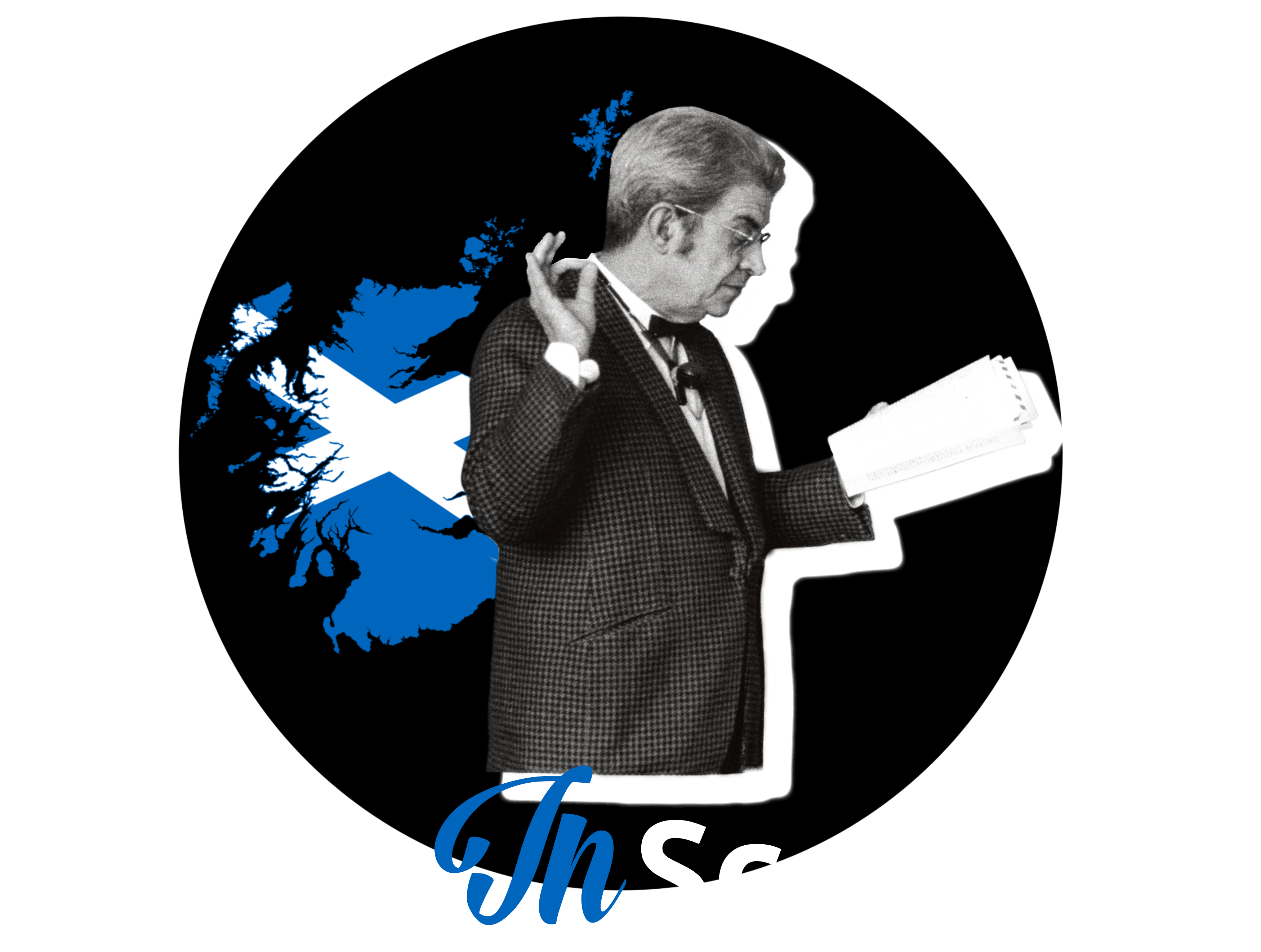An online seminar exploring the parallels between Lacanian psychoanalytic theory and neuroscience in relation to dreams, with John Dall’Aglio

This presentation will provide a brief overview of the parallels between Lacanian register theory and computational and affective neuropsychoanalysis that are relevant for dreams. Lacan conceptualizes dreams according to his register theory: imaginary (the meaningful narrative, the dream as imaged), symbolic (the non-meaningful but nevertheless structuring elements of the dream), and real (the impossible to represent, traumatic drive-impulse). Dream-formation follows a movement from drive arousal, to activation of symbolic cornerstones, to the dream as imaged. Lacanian dream interpretation works in the reverse direction, going from the dream narrative to the key elements that demarcate the contours of what cannot be represented.
From a Lacanian neuropsychoanalytic perspective, dream interpretation will be discussed as one method for discerning the non-declarative patterns (abstract rules and action plans) that the subject relies upon to manage conflicting affective demands. Clinically, identifying such elements can provoke a potential space to loosen how these patterns might play out in everyday life. Brief clinical examples will be provided.
John Dall’Aglio is a PhD student in Clinical Psychology at Duquesne University. His scholarly, clinical, and empirical research focuses on the intersection of neuroscience and psychoanalysis, especially Lacanian neuropsychoanalysis. He is the winner of the 2021 New Author Prize from the Journal of the American Psychoanalytic Association and is the author of the forthcoming book A Lacanian Neuropsychoanalysis: Affective Consciousness, Predictive Coding, Sex, and Jouissance (Palgrave).
The seminar will take place on Zoom on Thursday 25th January 2024 at 8pm-9:30pm Greenwich Mean Time (GMT).
The event is open to everyone and free with registration via Eventbrite. The Zoom link will be available for registrants on the ‘Online Event Page’ (found when accessing your ticket on Eventbrite) on the day of the seminar.


Lacan, like Freud, was 100% against the use of neuroscience in psychoanalysis. They’re incompatible! Both Freud and Lacan left the study of the brain and medicine to found and develop psycho-analysis.